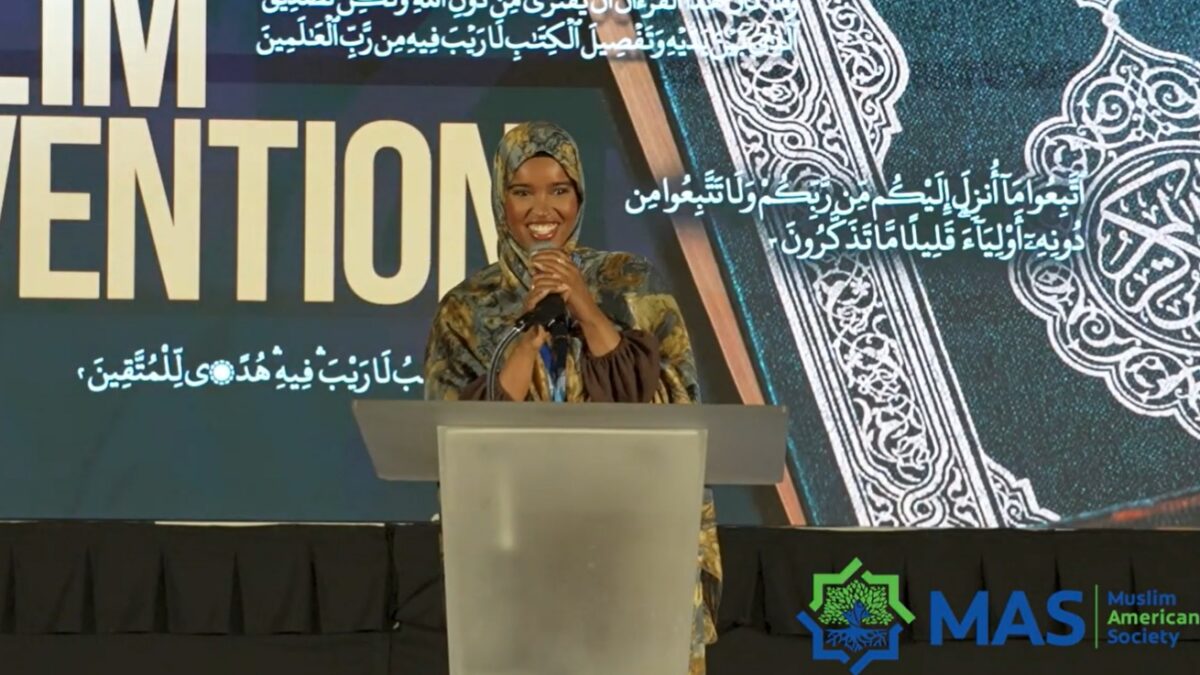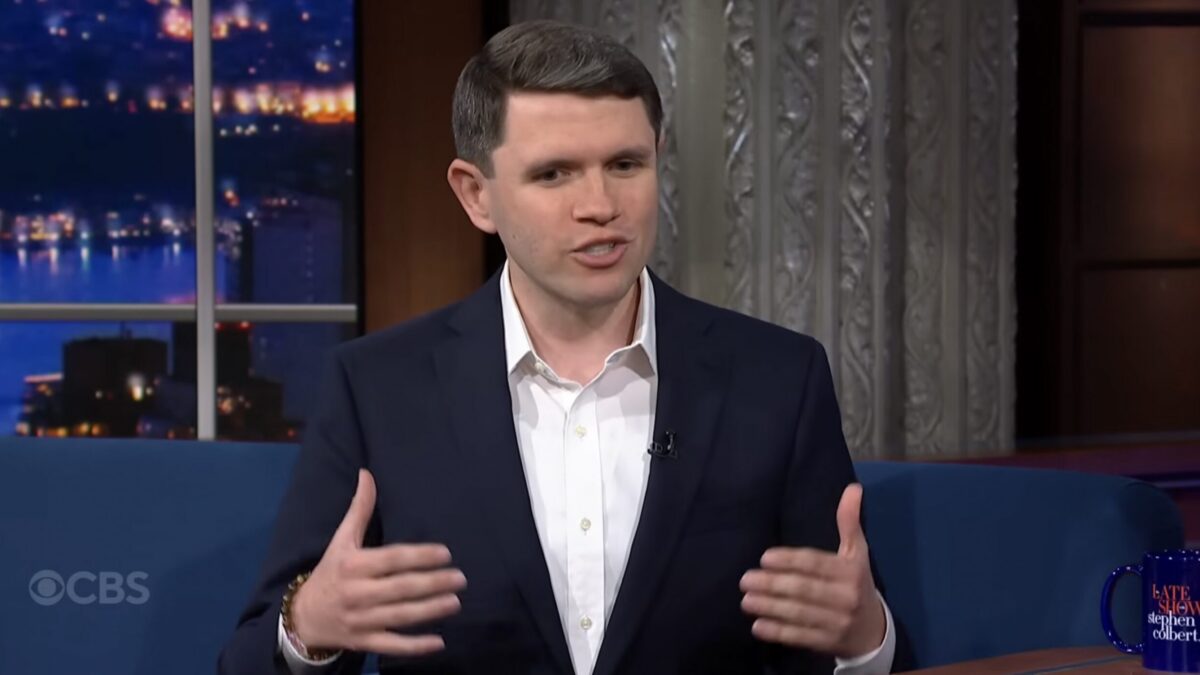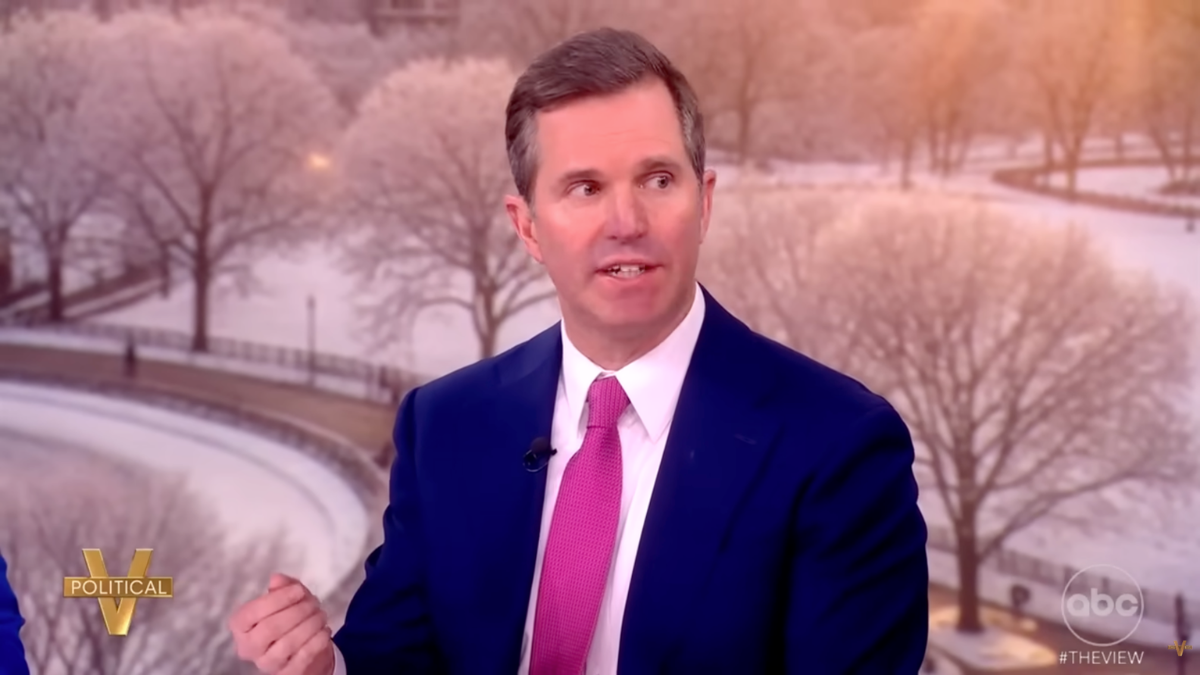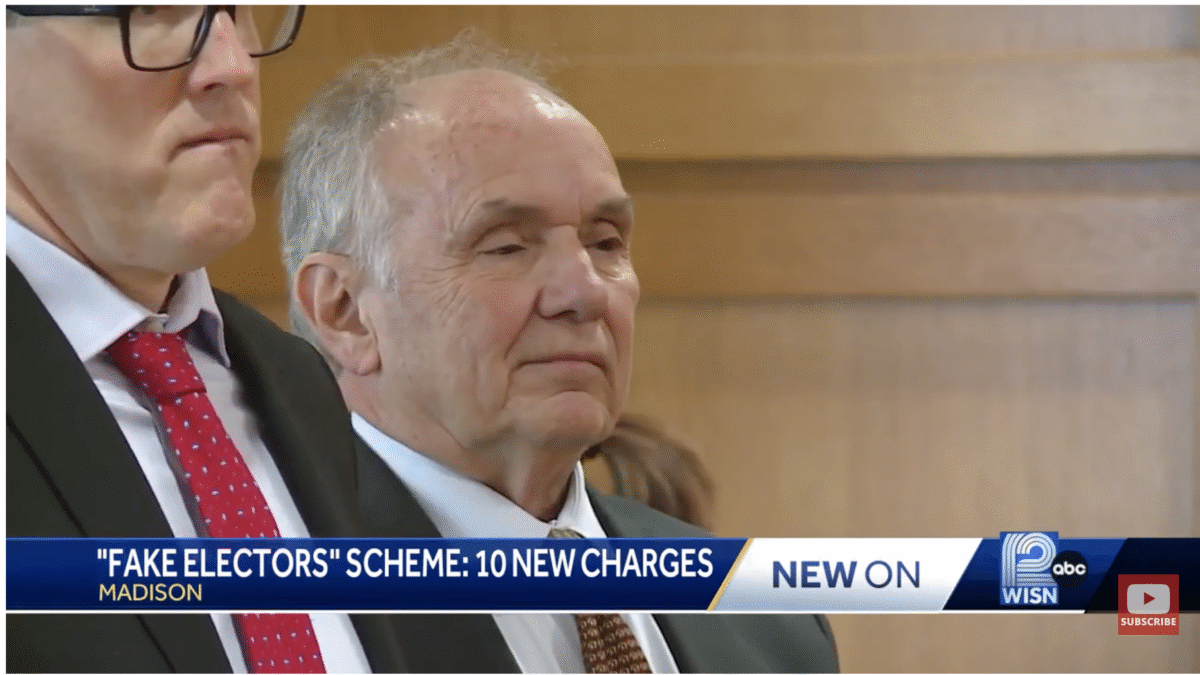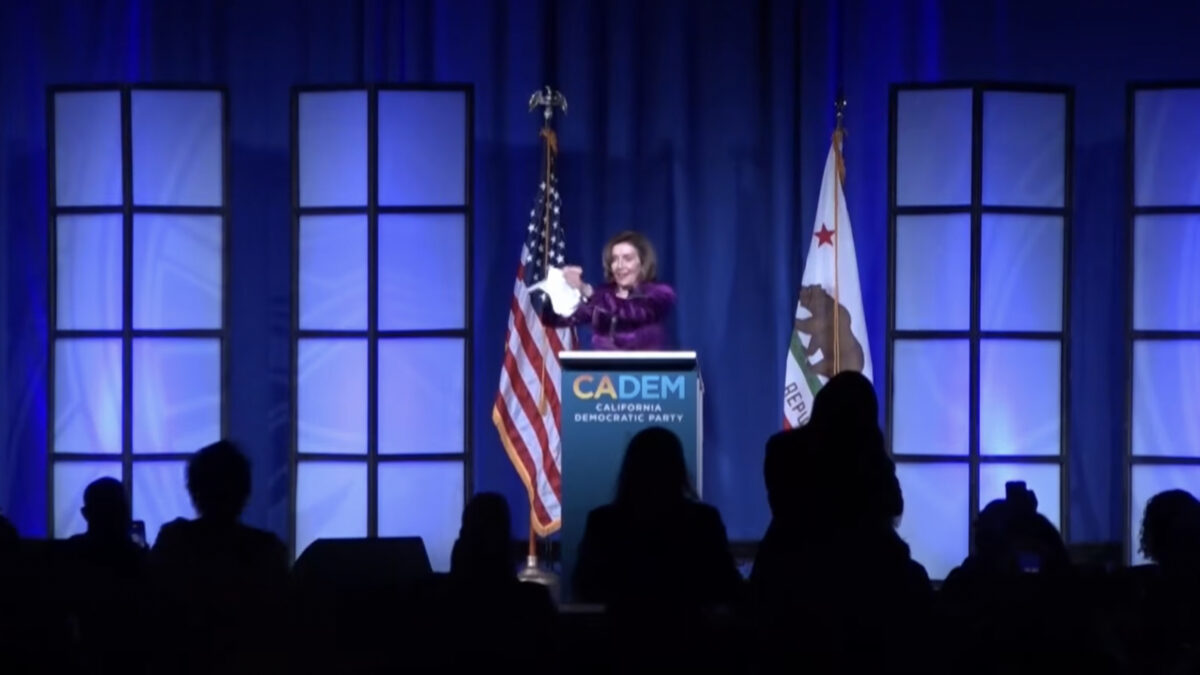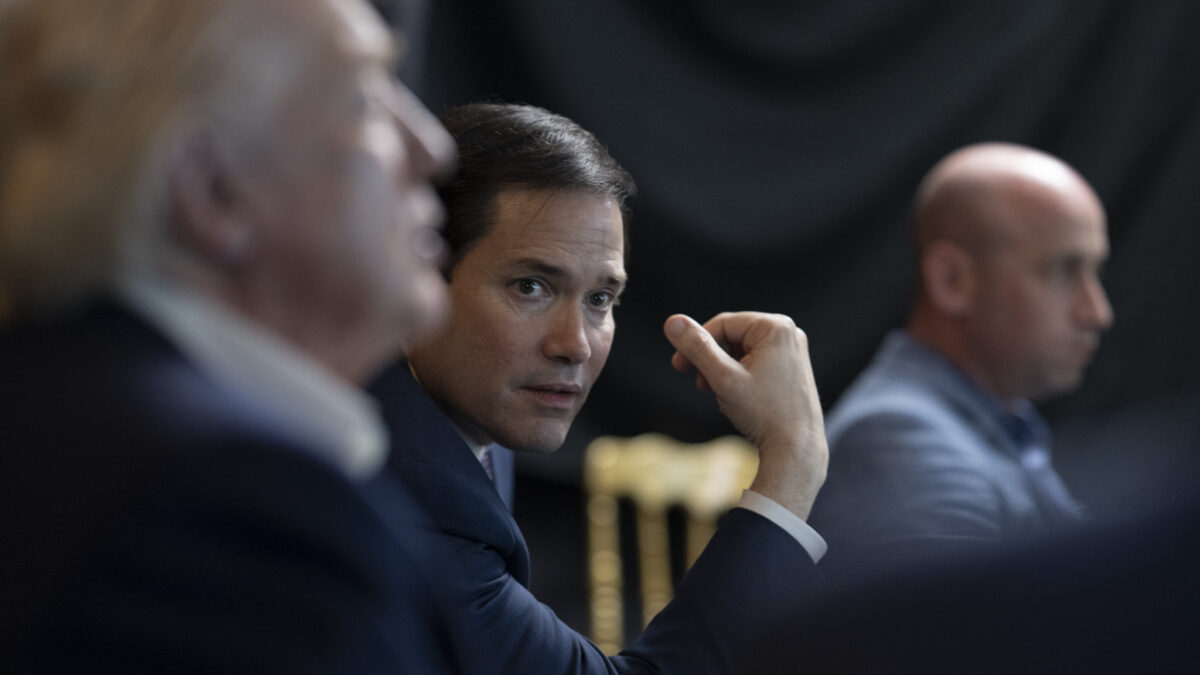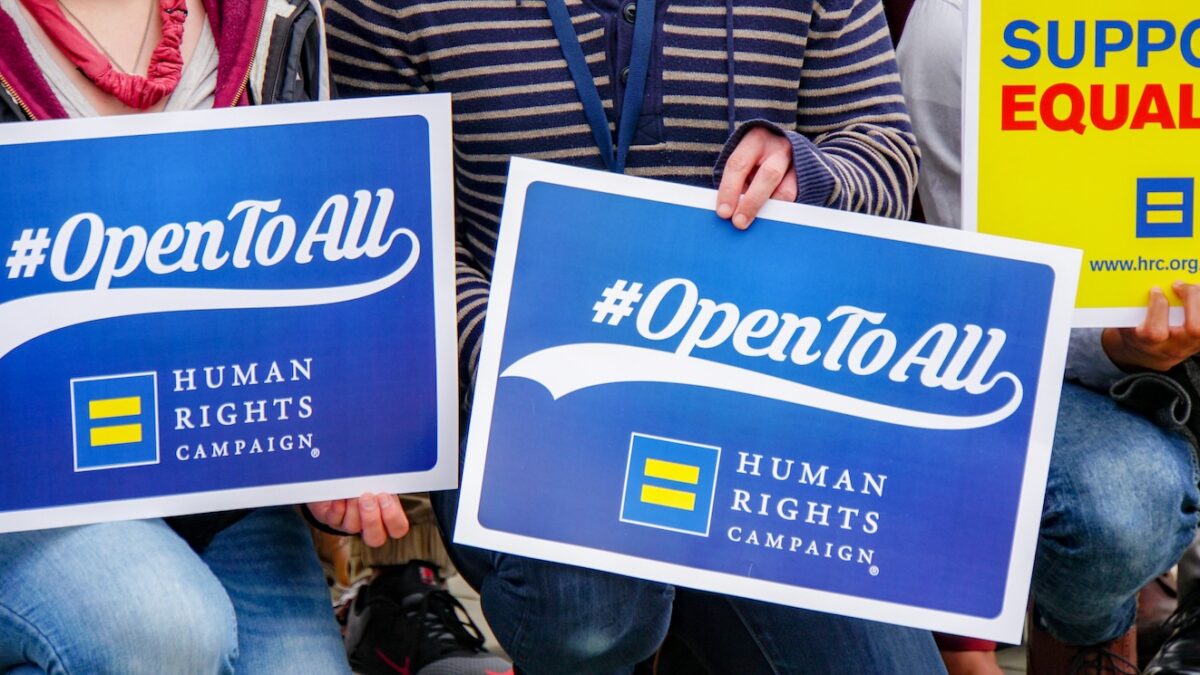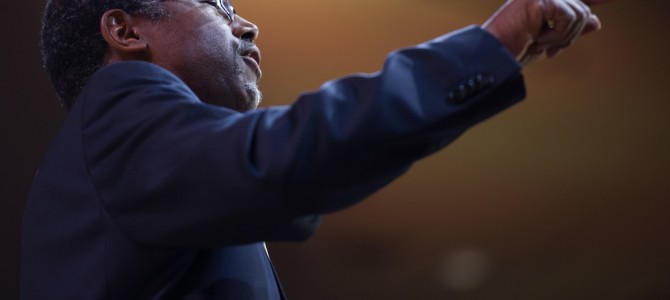
Much has been said, and much more will be, about the role of anti-Muslim rhetoric in popular discussion. I support a vigorous conversation about whether belief in Islam is compatible with belief in liberal toleration (I am a skeptic of both). As these discussions proceed, we should guard against two perils: the first is to think that anti-Muslim rhetoric is the exclusive province of one political party; the other is to see it simply as a question of race.
In fact, our anxiety about Islam reflects broadly shared American anxieties regarding not just race, immigration, and integration but the fraught status of religion in public life.
One illustration of anti-Muslim rhetoric’s bipartisan nature comes from the Louisiana debate over school vouchers in 2009. Gov. Bobby Jindal proposed a vouchers program, but encountered fierce resistance from Democrats and teachers unions. Their most effective line of attack was claiming that vouchers would help promote Islam.
The Louisiana Vouchers Controversy
Jindal’s program could send money to “anything from an Islamic school to a parochial school or perhaps even a neo-Nazi school,” warned Sandie Lollie, president of the Monroe, Louisiana, branch of the American Federation of Teachers. The website of the Louisiana Federation of Teachers noted that potential recipients “included an Islamic school in Jefferson Parish.” LFT then raised the specter of religious violence: “Giving taxpayer money to religious schools resembles a ‘European model’ that led to generations of violent conflict over differences in beliefs.”
The union’s legislative allies took up this line in debate on the House floor. Democrat Sam Jones, a recipient of teachers’ union donations, warned that the voucher problem could take us back to a “hundred years of religious war.”
“We are being asked to take taxpayer dollars and fund the education of students at an Islamic school who will be indoctrinated into Islamic law,” said Minority Leader John Bel Edwards, a Democrat, in a speech on the House floor. Edwards, whose wife was an LFT member, was a close union ally who received their Legislator of the Year Award, along with a series of campaign contributions. (Edwards is now the leading Democratic candidate for Louisiana governor.)
Muslim Schools Don’t Reduce Integration
These worries over Islamic schooling were overblown. Progressive educators at the turn of the last century claimed Catholic religious schools would lead to national division, or even violence. But Catholic schools promoted assimilation, not alienation. Charles Glenn of Boston University has been studying Islamic schooling in the United States, and argues: “There is . . . no reason to believe that involvement in the religious and other community institutions serving immigrant populations has a retarding effect on integration and participation.”
Another illustration of anti-Muslim rhetoric’s bipartisan nature comes from the calm dialogue that occurred earlier this year in the wake of Indiana’s Religious Freedom Restoration Act. At that time, MSNBC host Ari Melber asked, “What’s going to happen when Indiana runs into, say, someone running a business who says their business reflects extreme Muslim values and women can’t enter or work there unless they’re in a hijab? Do you think that’s a good idea?”
His guest, Dan Savage, agreed: “The law says that if a Muslim who is attempting to discriminate against women can point to a sincerely held religious belief, which is a squishy, ambiguous standard, that he wins.” On Twitter, Savage warned the RFRA would allow Muslims to “discriminate based on Islamic teaching.”
These warnings, like those of Louisiana’s teachers unions, were exaggerated. So, I think, are Carson’s worries about a Muslim president. Considering both alongside each other should remind us that Republicans aren’t the only ones with concerns about Islam, and race isn’t the paramount issue (I doubt that Dan Savage is much of a racist, just as I doubt Ben Carson is). What Americans of all stripes appear to be struggling with is whether and how religion should be allowed into public life. On that count, writers who jump to denounce “Ben Carson, Bigot” should take a hard look at their own side of the political aisle.


